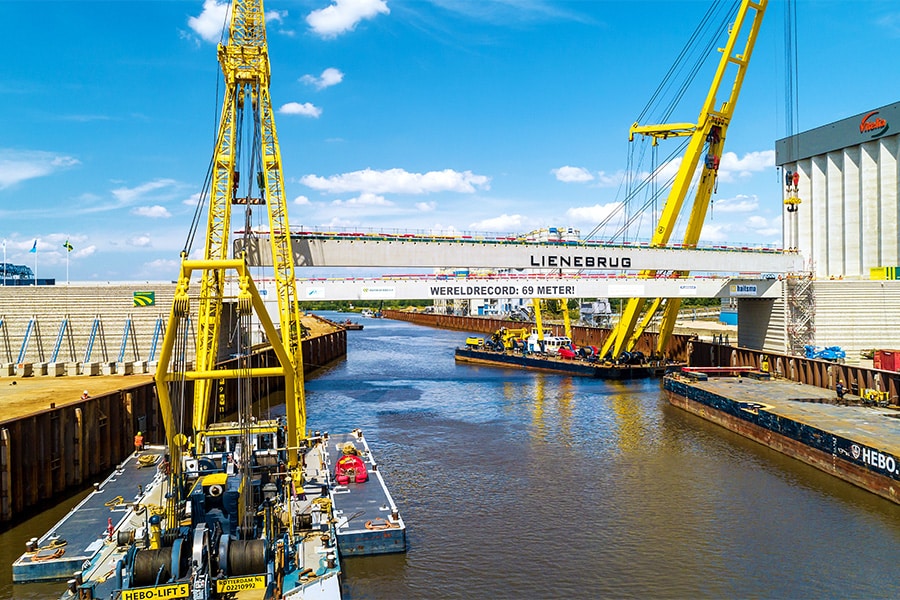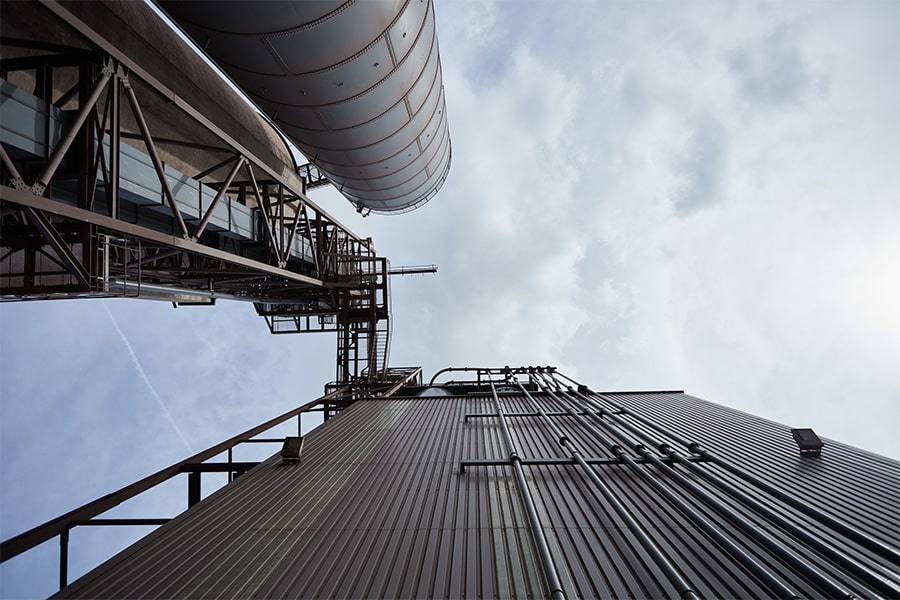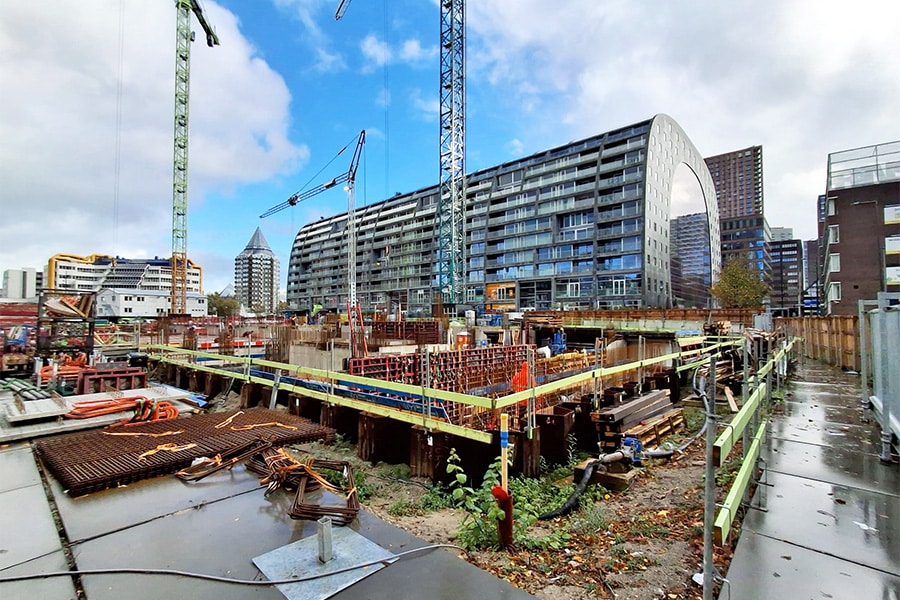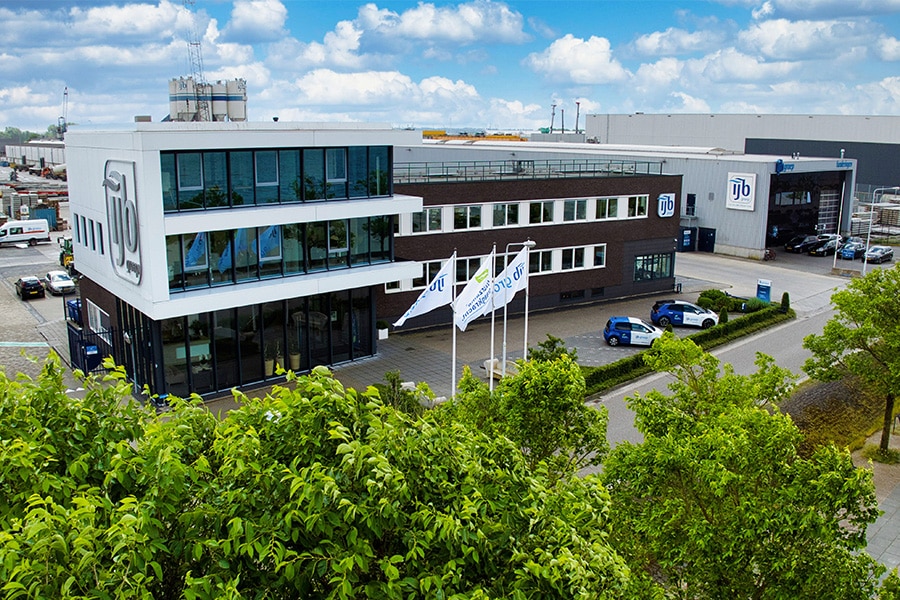
Sustainable carrying capacity
Sustainability: everyone talks about it, but taking action is not (yet) everyone's cup of tea. Fortunately, there are companies like the IJB Group in Lemmer that are really taking steps. Since 2022, sustainability has been emphatically on the agenda of this concrete specialist and all kinds of actions are being taken under the heading 'Sustainable Bearing Capacity®'. "And that goes much further than just CO2 reduction. It is just one part of our mission and vision. We draw the concept of sustainability much broader," says an enthusiastic John Engelsman, general director of the IJB Group.
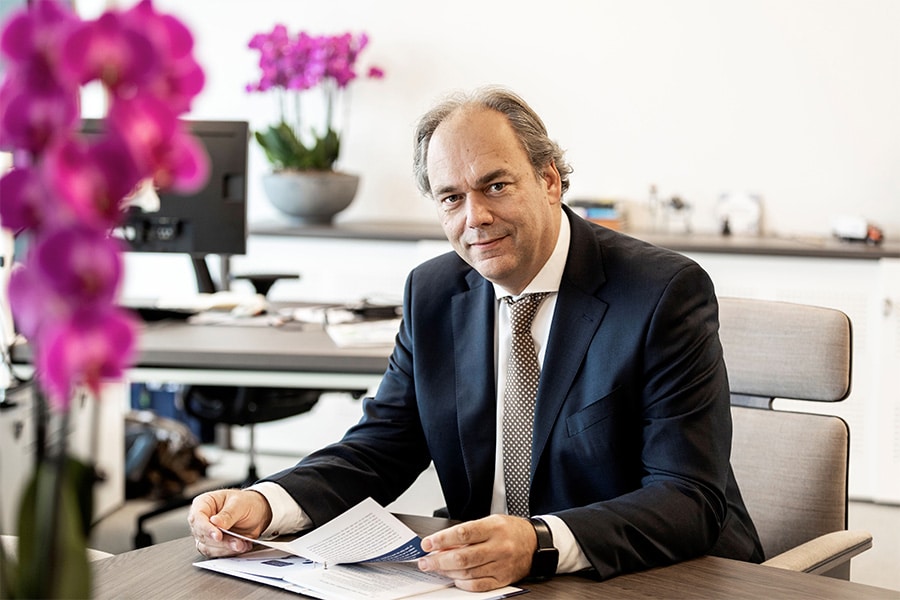
"Putting sustainability on the agenda is something that has been going on for some time, but only in the past few years have we really started to take steps," Engelsman said. "That starts with establishing a vision. What kind of company do you want to be? After all kinds of sessions with our employees, the 'Sustainable Carrying Capacity®' approach was chosen as the capstone. That is what we want to offer the Netherlands and it has been the spearhead of our organization ever since. We are a company that provides bearing capacity in all kinds of forms with products such as piles and foundation beams. Sustainable Bearing Capacity® also has to do with the way you treat your employees, occupational safety, how they can reach their retirement age in a pleasant way, and so on. But attention to training and development through our IJB Academy is also important, in such a way that our people can do their work in a pleasant way. So it's a broad concept."
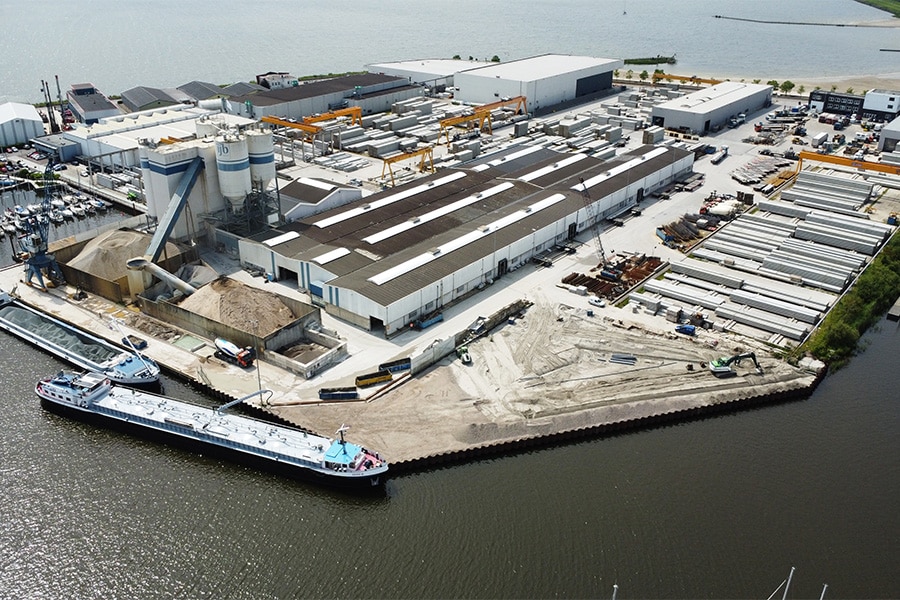
Different mindset
After the vision was established, targets were set. "We conformed to the Paris Climate Agreement and initially set the route to 2030," Engelsman explains. "Our thinking has therefore changed radically. Instead of steering solely on volume, the most optimal (read: sustainable) solution is now leading. That means: applying concrete only where there really is no other way. And that is quite a step for a company that focuses exclusively on concrete products. Based on the route to 2030, we have set a number of criteria, such as 55% CO2 reduction in 2030, applying secondary raw materials and using at least 15% (but preferably more) concrete granulate as a gravel substitute." IJB Group employees are closely involved in these ambitions. "Although the theme of sustainability is imposed from the management, it is something you can only do together. Consequently, there are plenty of ideas being put forward that we are going to work on."
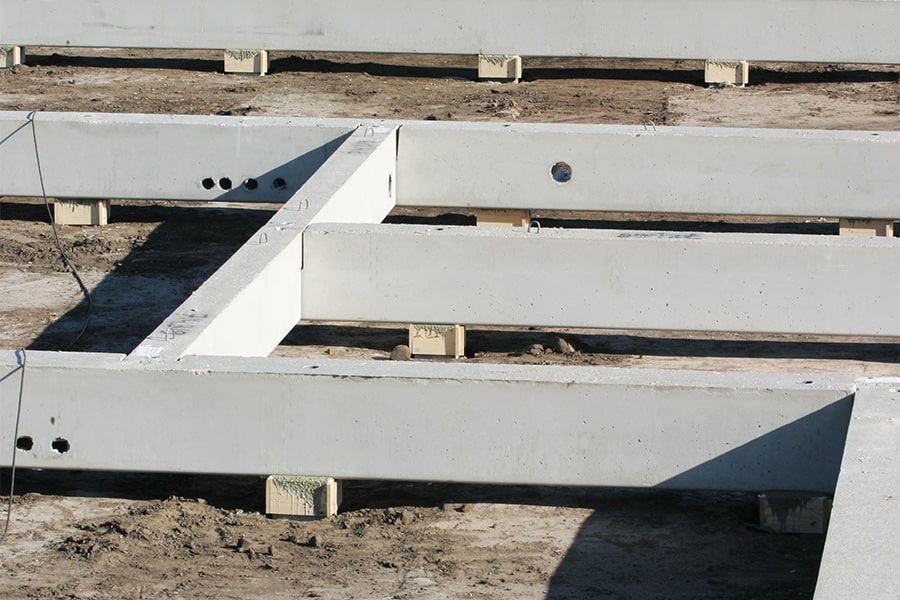
Future Lab
To give all these new developments a proper place in the organization, the IJB Group has established the Future Lab. "In this lab, we give a number of employees, who want to be sustainable based on their motivation, time and space to come up with new and creative solutions. The lab has been running for a year and a half now and has already generated an awful lot of new ideas," says Engelsman. "It turns out that if you dive deeper into the matter, the intended objectives can be achieved just fine. These creative ideas from the lab are then used by a broader project team to eventually translate them to production level. And this is how, for example, our ECO Pole® came into being."
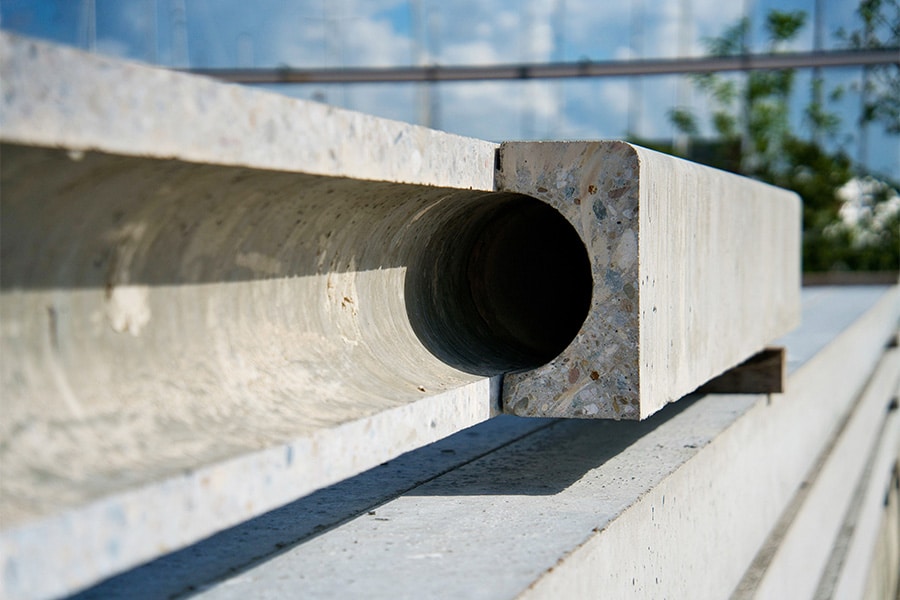
ECO post®
"The ECO pile® fits perfectly into our philosophy of CO2 reduction, saving resources and applying concrete only where there is no other way," says Engelsman. "We reviewed the pile as a product. Until now, piles have always been produced solid, but the middle part actually has no function, air is also allowed there. And so it happened. After intensive preparation and testing, the ECO-pile® went into production at the beginning of this year and has now been successfully used in a housing project in Lent." In the production of the ECO-pile®, 30% less material is required, good for a CO2 reduction of 25% per pile. The pile is lighter due to the cavity in the middle, which means fewer trucks can transport more piles at a time. This is another beneficial side effect.
Another development that Engelsman says has been introduced much faster than anticipated is the application of 20% concrete granules as a gravel substitute in foundation beams. "With this, we are already going beyond our ambition as set for 2030. It is important here that we get the aggregate in constant quality and in a constant flow to our quay, but we have already laid that logistical puzzle. We are currently expanding our storage capacity by more than 3,000 m2, because preserving our products requires many more types of raw materials and aggregates. It's not just sand, gravel, cement and a little water anymore."
